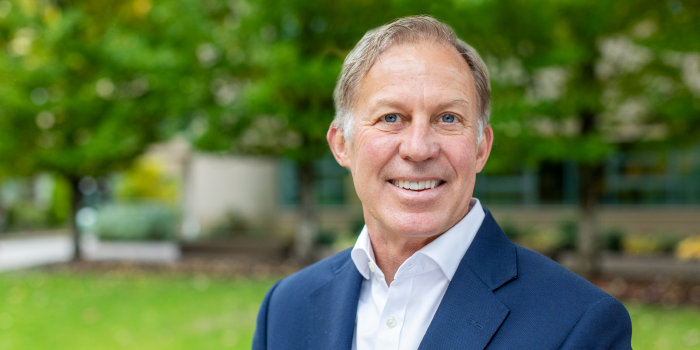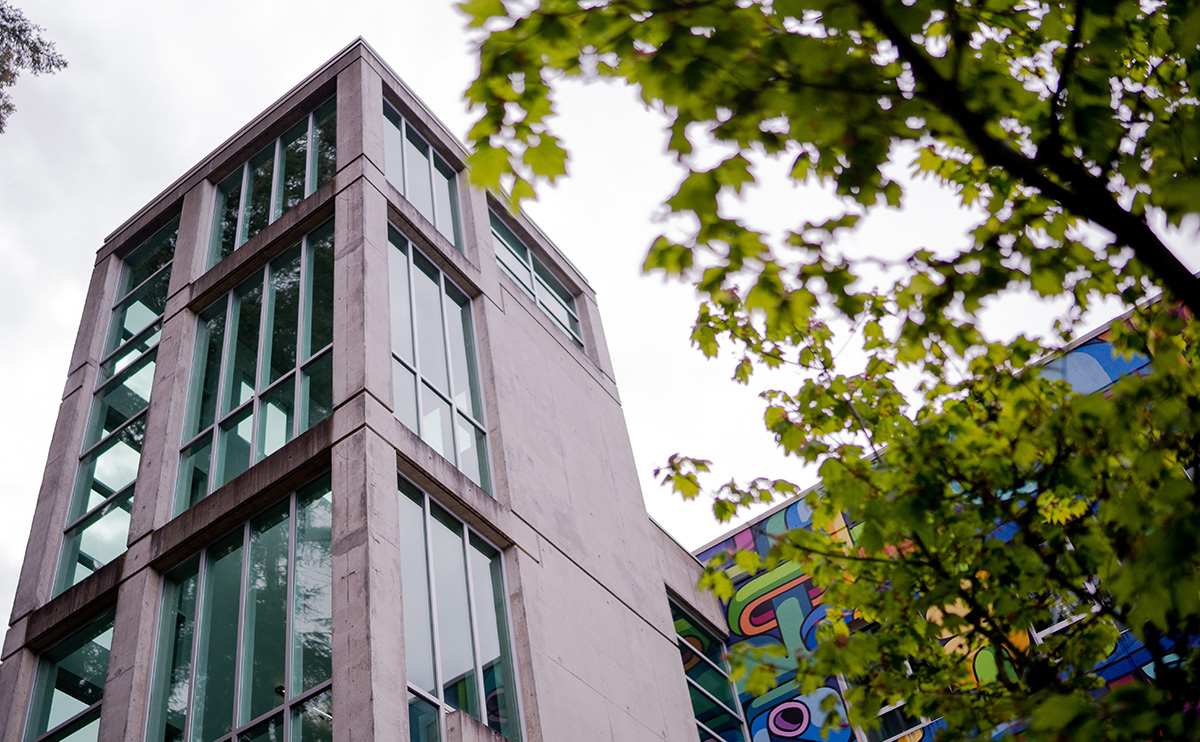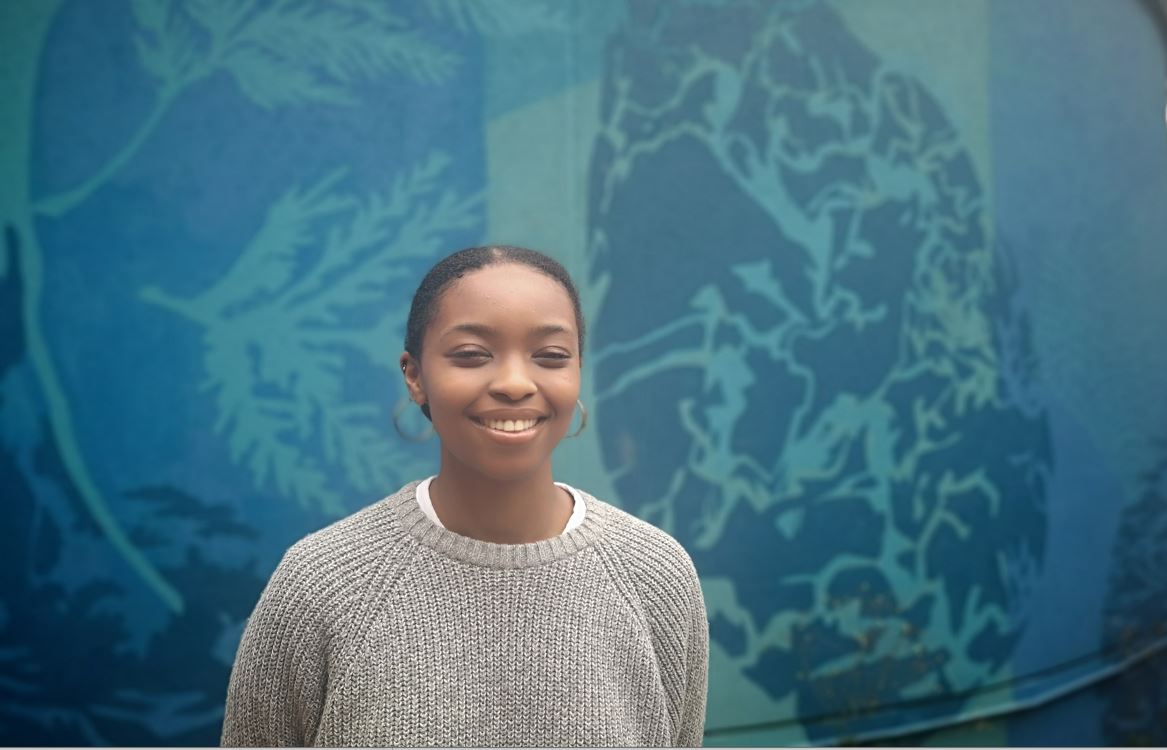This is a bimonthly newsletter featuring community updates from Capilano University President and Vice-Chancellor Paul Dangerfield.

Your thoughts and feedback are welcome: president@capilanou.ca
July 2022
We’ve finally rounded the corner on summer, and like a lot of people I’ve got travel on my mind. After a busy end-of-term—we welcomed almost 1,000 new alumni to the CapU family during spring convocation—my wife Catherine and I enjoyed a restorative visit to Haida Gwaii.
What we can learn from tourism?
The ability to foster meaningful human connection is one of tourism’s greatest gifts, and something many of us are yearning for after two years of pandemic isolation. (Because let’s be honest, I think we are well and truly over Zoom socials!) And it’s got me thinking about what tourism might teach us about moving ahead in the face of chronic uncertainty—starting with the very real need to be together in the world again.
Because here is a sector that has been repeatedly knocked down—think 9/11; SARS; climate emergencies. And yet, each time it finds a way to rise stronger, ever more committed to building resilience through innovation. Today in the wake of a global pandemic, backyard travel holds more appeal than ever and our local tourism industry has seized the moment to strive for a future that is not just financially sustainable but also socially and environmentally responsible. With change comes opportunity, and it must not be squandered.
Time to stop talking about "new normal"
At CapU, we too are leaning into new ways as a result of lessons learned during the pandemic. Our newly launched flexible work model, for example, has been a game-changer at the University. Work teams now have the opportunity to build dynamic schedules that focus on outcomes instead of the clock. With options to work in-person, hybrid or virtually, it’s transformed the whole culture of the institution, allowing us to work more efficiently and better accommodate the daily rhythms and routines of CapU students and employees.
The pandemic forced us to pivot on so many fronts. Challenged by circumstances to embrace new ideas and ways of working and learning, we discovered that we can adapt quickly. The question now is: how do we embed that new way of thinking? How do we make the change mentality that we’ve cultivated these past two years our standard operating procedure? When it comes to innovating, we’ve developed strong new muscles—but we need to keep exercising them. As we chart our course to the future, we must not stop disrupting the things that need to be changed. We need to stop talking about a “new normal” and accept that what comes next is just new—as it always has been.
Leading the way at CapU
And that’s where CapU’s School of Tourism Management has really distinguished itself. For more than 40 years, they’ve been a leader in tourism education, focused on delivering the highest standards of tourism business practices—despite fresh challenges arising across the decades. It is one of only two schools in Canada certified by the United Nations World Tourism Organization.
Our Centre for Tourism Research faculty lead Paolo Fresnoza recently observed that “tourism’s trajectory will always align itself to go up—no matter what the disruption. Despite the many challenges, there is much promise in the industry to reform and learn from the past to become more resilient in the future. I like to tell my students that we must plan not for what is possible, but for what we prefer. Intentionality is key not just to realize, but actualize, the future.”
Looking forward
Our tourism students, graduates and faculty are continually innovating in an effort to crisis-proof their chosen industry, lending their skills and research expertise to industry partners such as Destination Vancouver to help grow a more vibrant and sustainable tourism landscape.
Today, thanks to the school’s enduring reputation for relevant, responsive and responsible tourism programming, students like Rakeli Maina are entering the field primed for progress and possibility. Rakeli is an international student from Kenya working on a co-op project with the School of Tourism Management and Destination Vancouver and she shares my excitement about the return to in-person engagement—so I’m giving her the last word below. Meantime, I hope there is a little tourism in your own future this summer!
Warmly,
Paul
Rakeli Maina, international student in communications working on a co-op project with the School of Tourism Management and Destination Vancouver
“It’s through face-to-face connection that you build the bonds and relationships to make positive change.”
“During COVID-19, when I was isolated for so long from friends and family, I got really interested in mobility and how people connect. I am researching the societal impacts of conferences in Vancouver, and my work has shown me that people want to be together and that there is real value in the connection between humans. COVID-19 showed us how isolation doesn’t help anyone. What people should appreciate about tourism is the potential to build meaningful connections and create good impacts. Communication is always best when it’s face-to-face; little mishaps can be easily corrected when you’re physically present with people. I think you’re better able to get people to act on something when they’re working together in person instead of virtually. COVID-19 may not be fully gone, but I have seen that people are more willing than ever to connect after being apart for so long. Let’s make the most out of it!”

